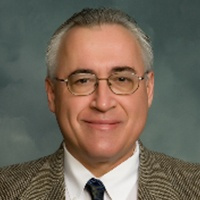 Huntington Estate Lawyers, Indiana
Huntington Estate Lawyers, Indiana
Sponsored Lawyers
1-10 of 30 matches
Criminal, Divorce & Family Law, Estate, Traffic, Employment
Megan Close is a dedicated individual who commits her life and practice to the service of others. If you are looking for someone who you can trust, look no further. During her law school career, Megan was heavily involved in the management of the student body and is a proven leader. Not only was she class president, she was also the student body president during her 2L and 3L years. Megan has had a career as a prosecuting attorney in Allen County and therefore has a complex understanding of the criminal world. Her experience with prosecution will lend your case a perspective that others may not be able to provide. Her other experiences include family law, such as divorce, child support, and other issues; collections; contract formation and review; juvenile matters; and more.
(more)Accident & Injury, Workers' Compensation, Divorce & Family Law, DUI-DWI, Wills & Probate
My name is Mike McEntee and I have been practicing law in Fort Wayne for over thirty years. I was born and raised here and my three children all went to school here. I have built my practice and my reputation solely on client referrals. I believe that our clients like us, trust us, and therefore refer their friends and family to us, and have continued to do so during my entire career. In my many years of practice I have never found the need to purchase full page telephone book advertisements, nor have I ever seen the need to buy expensive television ad spots. Most importantly, you will always have access to me personally, by telephone or office visit during business hours, directly into my voice mail, and of course via e-mail and direct links from our website. After all, my practice is in Fort Wayne, so I can be available almost any time for you.
(more)





